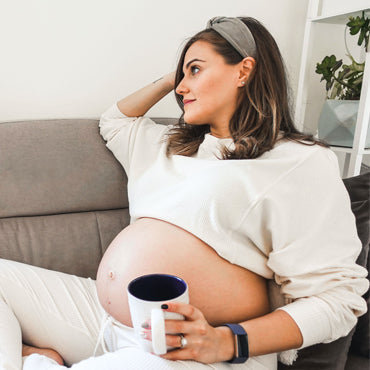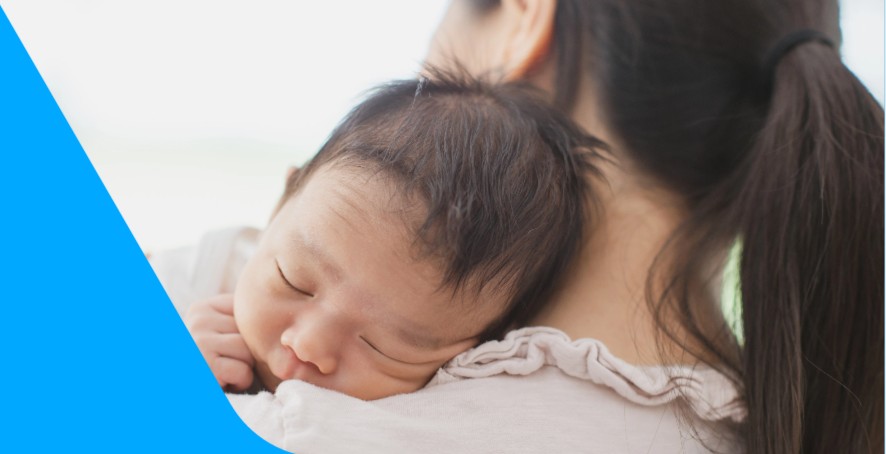Cravings are a normal part of pregnancy. While research remains unclear, many doctors believe that food cravings may be the result of hormonal changes that can heighten your sense of smell and alter your perception of taste. There has also been some anecdotal evidence that experiencing a craving means you have a nutritional need. Explore more about what pregnancy food cravings are, how to address them, and how you can stay healthy and nutritionally sound throughout pregnancy.1
What are Pregnancy Food Cravings & What Causes Them?
Beginning in your first trimester, you may find the insatiable urge to smear peanut butter on pickles or drizzle hot sauce on your ice cream—you want to eat weird combinations of foods that you’d never have dreamed of eating before. We’ve all heard of friends’ and family members’ cravings and have likely seen this common pregnancy occurrence joked about on TV and in the movies. But where do pregnancy food cravings come from?
While there is little concrete evidence proving where pregnancy cravings come from,2 a possible culprit is your fluctuating pregnancy hormones.3 Consider period cravings: your hormones are in flux during your menstrual cycle and you can’t wait to have a nice, big piece of chocolate. The significant increase in hormonal fluctuations during pregnancy may also contribute to cravings, and their push and pull are exponentially amplified.
Are All Pregnancy Cravings for Junk Food?
Not exactly. Most pregnant women report craving unusual combinations, but these kinds of cravings aren’t typically long-lived.4 Generally, things like sweets, fruits, fruit juices, sour fruits, salty or spicy foods, bland foods, and crunchy or chewy foods will become the types of pregnancy food cravings that are most prevalent for expecting moms.
Some pregnant women may experience cravings for inedible substances—a condition called pica.4 Dirt, clay, soap, wax, and other non-food items are often what these cravings would like to have on the menu, so needless to say these cravings should not be indulged. Instead, pica-related cravings may be caused by a zinc or iron deficiency—try loading up on foods that contain these nutrients.4 If you find that you are experiencing cravings for inedible substances, make sure to speak with your healthcare provider.
Why can't I stand my favourite foods While Pregnant?
Your changing hormones can also change your perception of smell and taste, which can bring on food aversions. Strong smells you may’ve once enjoyed—brewing coffee, assertive perfumes—may now irritate you or even make you feel nauseous. If you find yourself experiencing aversions to healthy foods, try substituting other healthy choices that have the same nutrients to ensure you’re getting all the vitamins and minerals you need.
How to Manage Pregnancy Food Cravings
Managing pregnancy food cravings may feel overwhelming when you’re in their grip and already enjoying your forgiving pregnancy wardrobe, but it’s key to ensuring you get the correct nutrients for your growing baby and keeping yourself healthy. Some strategies for managing your pregnancy food cravings include:2
-
Choose foods that will satisfy your craving while serving up important nutrients. For example, if you crave sweet tastes, try strawberries or orange sections dipped in chocolate. Or if you crave salty foods, try roasted sweet potato fries with a sprinkle of salt.
-
Keep well-stocked on healthy ingredients and snacks—and don’t do the grocery shopping while hungry or in the throes of a particularly strong craving.
-
If your cravings leave you hungry all the time, you may want to start eating smaller, more frequent meals.
-
Consume adequate amounts of water as well as fibre-rich foods to help yourself feel full and stay hydrated.








